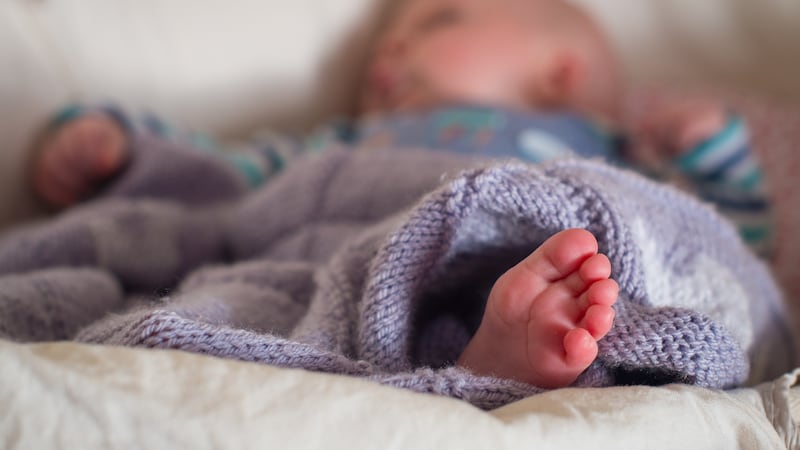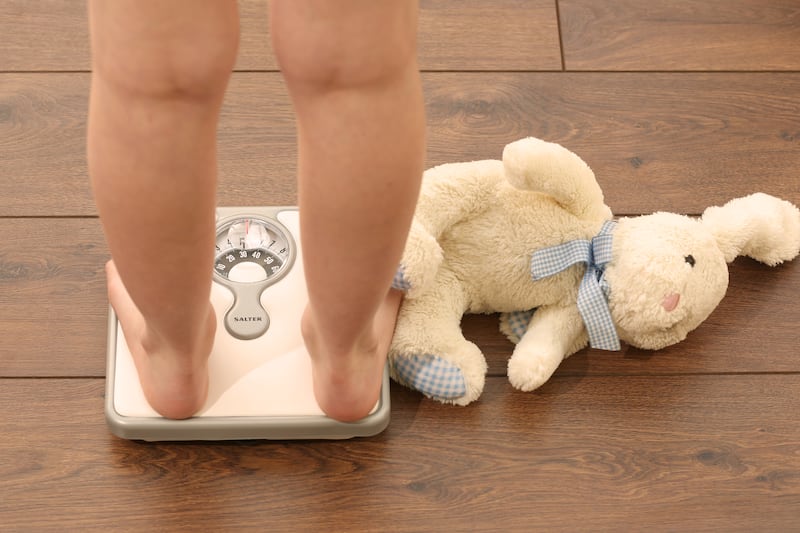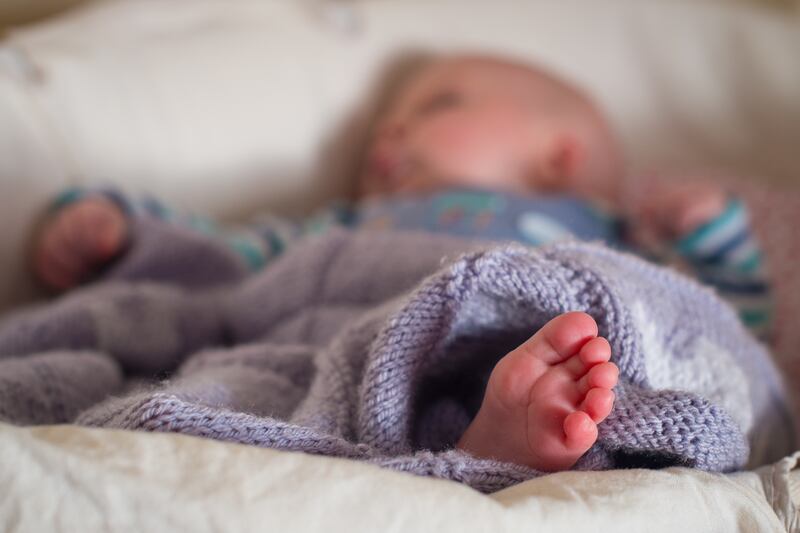Children who routinely sleep less than others from when they are babies may be at increased risk of developing psychosis in early adulthood, new research shows.
Researchers at the University of Birmingham looked at data on how long children aged between six months and seven years old slept.
They found that children who persistently slept fewer hours, compared with those who slept the most, were more than twice as likely to develop a psychotic disorder in early adulthood, and nearly four times as likely to have a psychotic episode.
Psychosis is when people lose some contact with reality, and this might involve seeing or hearing things that other people cannot see or hear (hallucinations) and believing things that are not actually true (delusions).
Lead author Dr Isabel Morales-Munoz said: “It’s entirely normal for children to suffer from sleep problems at different points in their childhood, but it’s also important to know when it might be time to seek help.
“Sometimes sleep can become a persistent and chronic problem, and this is where we see links with psychiatric illness in adulthood.
“The good news is that we know that it is possible to improve our sleep patterns and behaviours.
“While persistent lack of sleep may not be the only cause of psychosis in early adulthood, our research suggests that it is a contributing factor, and it is something that parents can address.”
This is the first study to show that persistent lack of sleep is a strong predictor of psychosis, the researchers say.
The results were based on data taken from the Avon Longitudinal Study of Parents and Children (ALSPAC), which includes records of 12,394 children from six months to seven years, and 3,889 at 24 years old.
According to the researchers, although they found an association between lack of sleep in childhood and psychosis in early adulthood, they have not proven a causal link and other factors need to be explored.
For example, the scientists looked at overall immune system health in the children to see whether impairments in the immune system could also account for some of the associations between lack of sleep and psychosis.
The findings, published in Jama Psychiatry, suggested that a weakened immune system could partially explain the links between lack of sleep and psychosis, but other unknown factors are also likely to be important.








